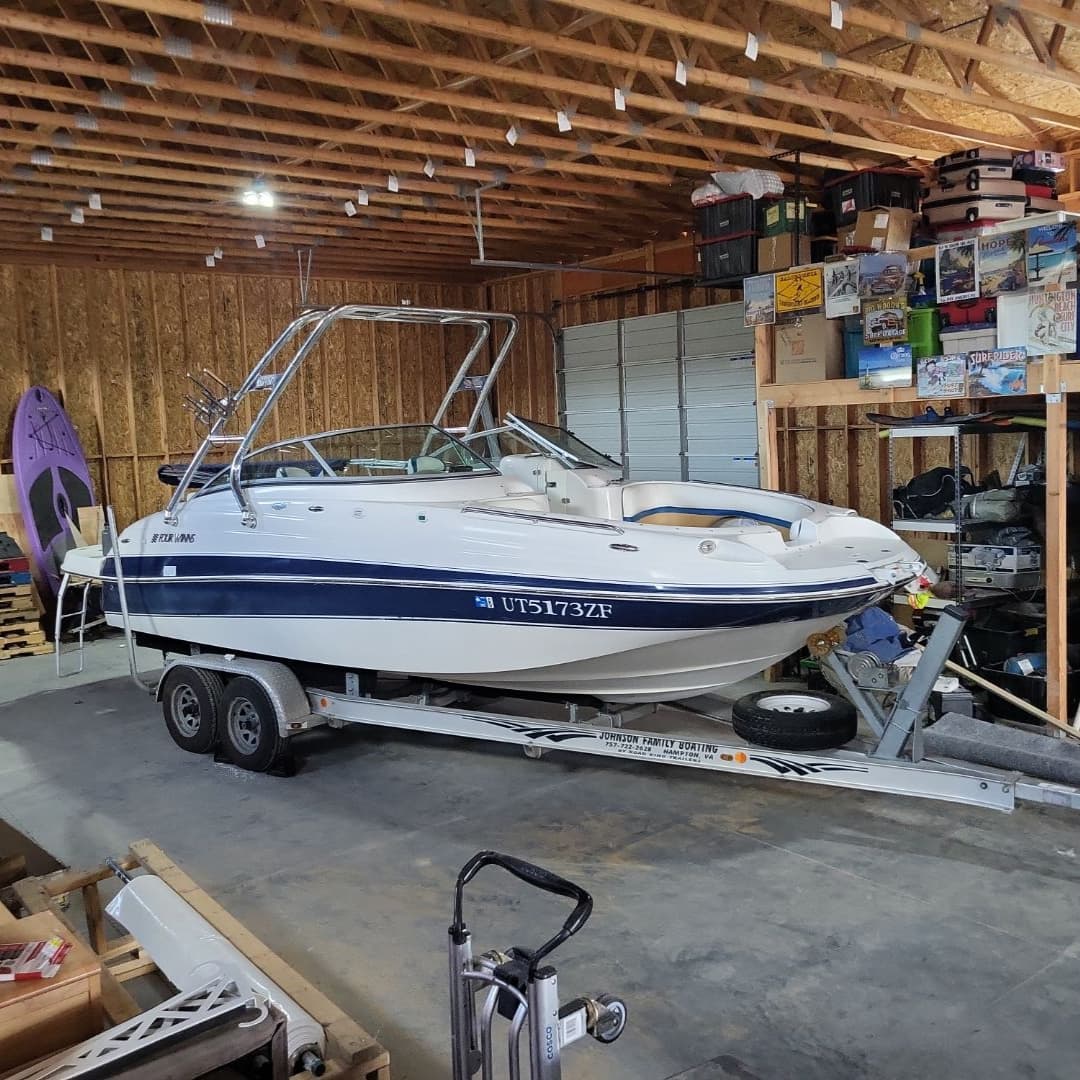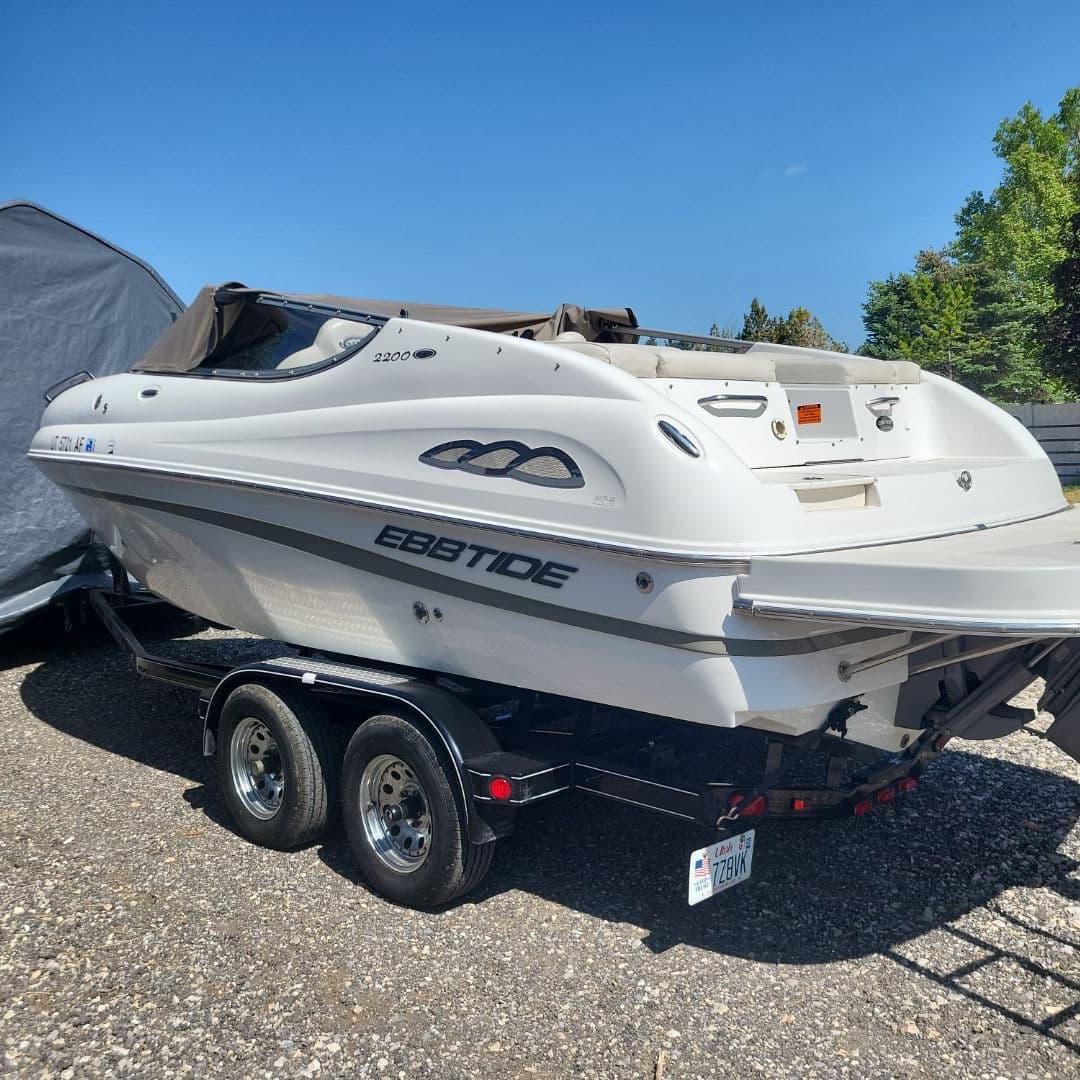The Importance of Regular Boat Maintenance for Long-Term Performance
Why regular boat maintenance is essential for safety, performance, and preserving your vessel’s value.

The Hidden Costs of Skipping Boat Maintenance
Owning a boat is a dream for many — sunny days on the water, the thrill of open throttle, and the peaceful moments anchored in a quiet cove. But behind every smooth ride is an often-overlooked truth: boats require consistent care to stay safe, reliable, and enjoyable.
Skipping regular maintenance may seem harmless at first, but small issues can snowball into expensive repairs, unexpected breakdowns, and even safety hazards.
Safety Risks on the Water
Mechanical Failures
A boat that hasn’t been maintained is more likely to experience engine trouble, fuel system leaks, or electrical malfunctions.
Emergency Situations
Out on open water, a breakdown isn’t just inconvenient — it can be dangerous. Regular inspections of your engine, fuel system, and safety equipment reduce the risk of emergencies.
Higher Repair Bills
Small Issues Become Big Problems
A worn propeller, small crack in a fuel line, or minor corrosion may seem insignificant now, but they can lead to expensive fixes later.
Preventive Maintenance is Cheaper
Routine checks and timely repairs almost always cost less than emergency overhauls.
Reduced Performance
Efficiency Loss
A dirty hull increases drag, a poorly tuned engine burns more fuel, and worn parts make for a rougher ride.
Better Handling & Speed
Keeping your boat’s systems in peak shape ensures smoother handling and better fuel economy.
Lower Resale Value
Why Buyers Care About Maintenance Records
A well-documented maintenance history shows potential buyers you’ve cared for your vessel — and they’re willing to pay more for it.
The Cost of Neglect at Sale Time
Skipping upkeep can slash your resale value and make your boat harder to sell.
Lost Time on the Water
Downtime from Breakdowns
When your boat is in the shop, you’re missing out on prime boating days.
Protecting Your Boating Season
Preventive maintenance keeps you on the water instead of on the dock.
The Bottom Line
Boat maintenance isn’t just an expense — it’s an investment. By taking care of your vessel now, you save money, stay safe, and get more enjoyment from every outing. From washing after each trip to scheduling annual professional inspections, these small habits keep your boat ready for adventure year after year.
Frequently Asked Questions
Why is regular boat maintenance important?
It ensures safety, boosts performance, and helps maintain your boat’s resale value.
Does cleaning my boat really make a difference?
Yes, regular cleaning prevents corrosion, algae buildup, and UV damage.
What’s the benefit of a maintenance log?
It provides proof of care, increasing resale value and buyer trust.
What’s the most overlooked maintenance task?
Checking and protecting electrical connections from corrosion.
How often should I service my boat’s engine?
Follow your manufacturer’s guidelines, usually every 50–100 hours of use.
How does maintenance affect fuel efficiency?
A clean hull and properly working propeller reduce drag, saving fuel.
Should I still get professional inspections if I do my own maintenance?
Yes, a marine mechanic can spot hidden issues you might miss.

